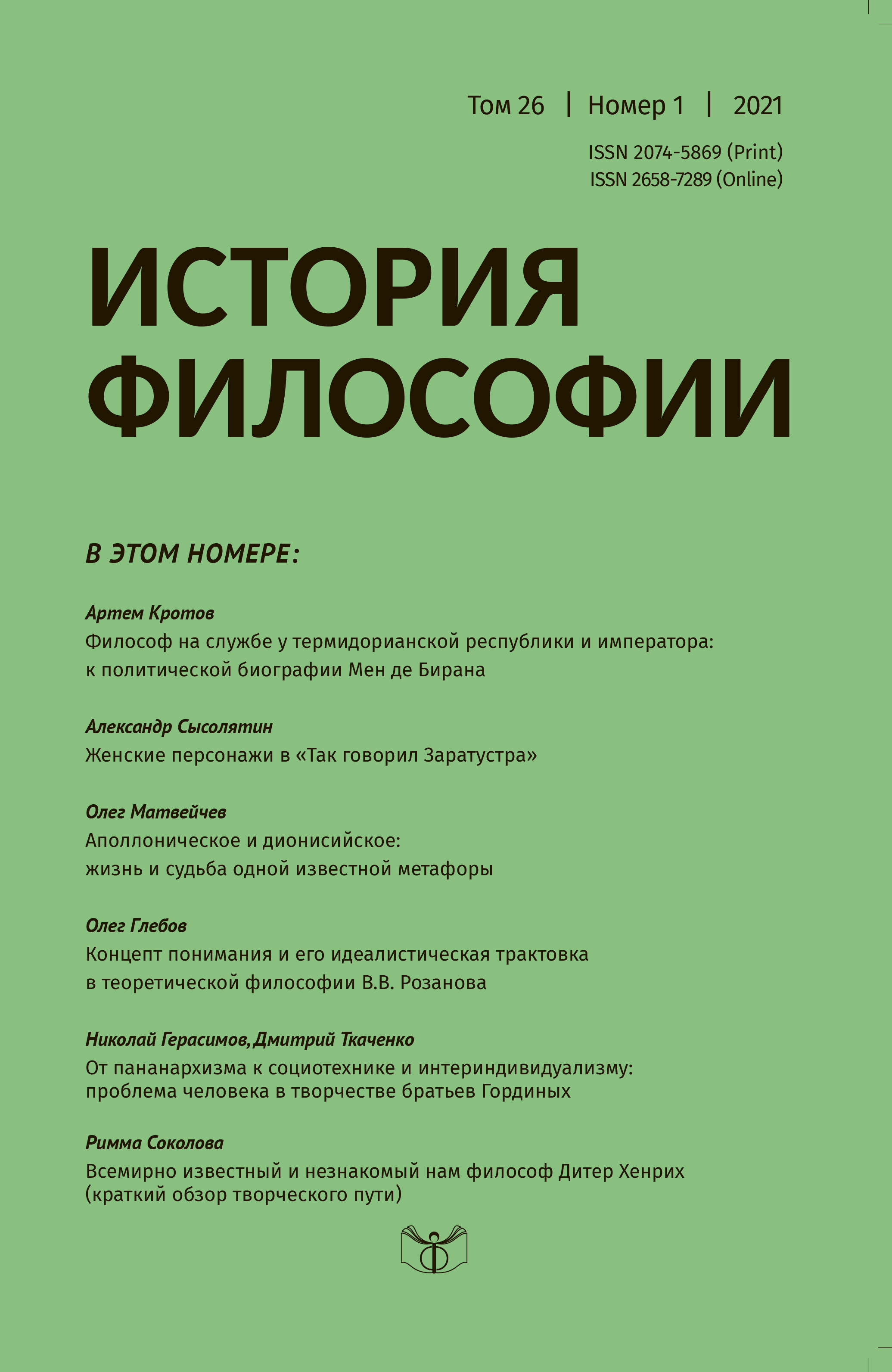Whether Vladimir S. Solovyov Became a Catholic (Historical and Philosophical Analysis)
Keywords:
Vladimir Solovyov, Universal Church, theocracy, Catholicism, Orthodoxy, ecumenism, dialogue of the Churches, act of accession, Christian idea, Russian religious philosophy, Russia and the Holy SeeAbstract
In the article, the author examines the religious and philosophical views of Vladimir Solovyov during the period of his appeal to the Roman Catholic Church as a rock and center of unification of Christian humanity. Based on materials from the Vatican archives and periodicals of the Holy See, it was reconstructed how Catholic world perceived Solovyov’s project of ecclesiastic union. In particular, the question of Solovyov’s conversion in Catholicism was studied. The author points to unknown document on the preparation of special instructions for Solovyov by the Congregation for the Doctrine of the Faith. In addition, the author analyses the reception of the idea of the Universal Church by Russian religious philosophers of the early 20th century. It is emphasized that they did not accept the idea of Solovyov’s conversion to Catholicism and pointed to the fundamental religious and philosophical significance the idea of the Universal Church as a mystical unity of the Eastern and Western Churches. Thus, the article shows that the religious and philosophical ideas of Solovyov were closely related to his sociocultural and political views. He was a person who adopted Christianity as a fundamental principle of being and a key driving force of history.

